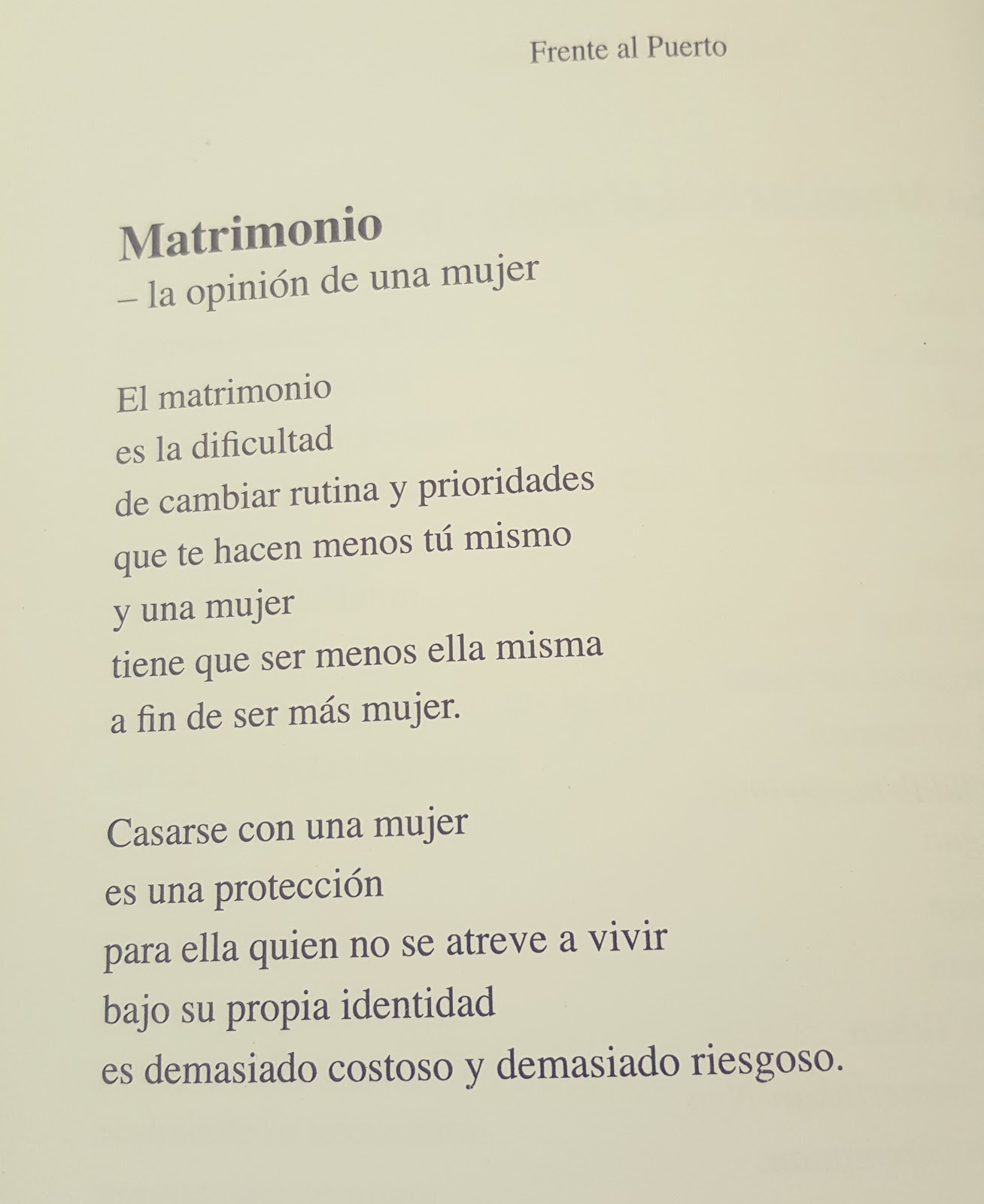THIS ORATION, BRUTUS
Was Ceasar wrong in his judgment,
Marcus Julius Brutus
But whatever your words about Caesar
be
He was a just and loyal friend to me
You did see your defeat in the battle
of Pharsalus
Did Caesar not forgive you then
And lifted you to the circle of
respected statesman
When the politics in Caesar’s bones
strengthen
And the power in his blood thicken
You joined them to dilute Caesar’s
crown
Sending the hands that lifted you to
the burial ground
Do you not hear their words, Brutus
You were never a great thinker
For trivial reason you detest Caesar.
You argued to be torn between the power of devotion
what is right for Rome and your conviction
your feeling for Caesar and his fatherly affection.
what is right for Rome and your conviction
your feeling for Caesar and his fatherly affection.
I shall sow the seed of confusion in my
funeral oration
Your honesty and Cassius’s be doubted
by every Roman
I shall stir their hearts with agitations
with rhetoric and questions
you detested Caesar for having ambitions
So let me bend the feeling of our
countryman
Towards the essence of my oration
And from the essence a fire will
burn.
(II)
Yes me too, Markus Antonius
Who spill the blood of noble Caesar
And you call me a traitor
While my belief in truth
is tearing the character of my youth.
this is a cross road of doubts a terrible dilemma
is tearing the character of my youth.
this is a cross road of doubts a terrible dilemma
it is not easy to be young and
rebellious
in the waves of political surges. .
in the waves of political surges. .
Forgive me Markus Antonius
I have to decide and choose my side.
_______________________________________
original tittle: Pidato Ini Brutus
Apa-apa pun yang kalian bicarakan tentang Caesar
dia sahabat yang setia dan adil bagiku
ketika kau kecundang dalam pertempuran Pharsalus
Caesar memaafkanmu
dan mengangkatmu ke dalam lingkaran negarawan terhormat.
Ketika tulang siasah Caesar makin mengejap
dan darah kuasanya makin belikat
kau berganding mencairkan mahkota Caesar
tangan yang mengangkatmu telah kau kirim ke pusara.
tidakkah kau dengar bicara mereka, Brutus
kau hanyalah pemikir kerdil
yang membenci Caesar atas alasan kecil.
Hujahmu, kau terjepit antara teguhnya sebuah kepercayaan
tentang apa-apa yang benar bagimu dan Romawi
dengan setia kasih kepada watak kebapaan Caesar.
Aku akan menanam benih ragu dalam pidato pemakaman ini
kejujuranmu dan Cassius akan dipersoal warga Romawi
akan kugugah nuraga mereka
dengan soalan dan retorik.
Kaumurka kerana Caesar terlalu bercita-cita
laluku bentur pucuk nubari warga
ke arah zat pidatoku
zat ini akan menjadi api.
(II)
Ya, aku juga Markus Antonius!
yang telah mengucurkan darah Caesar Agung.
kau akan memanggilku pengkhianat
sedang kepercayaanku kepada kebenaran
sering mengoyak watak muda.
ini persimpangan maha keliru, dilema maha dahsyat
sungguh sukar menjadi muda dan pemberontak
dalam goncangan siasah yang berombak.
Maaf, Markus Antonius
aku harus bersikap dan berpihak.
A poem by Raihani Mohd.Saaid translated by Zurinah Hassan
The poet RAIHANI MOHD SAAID.

























